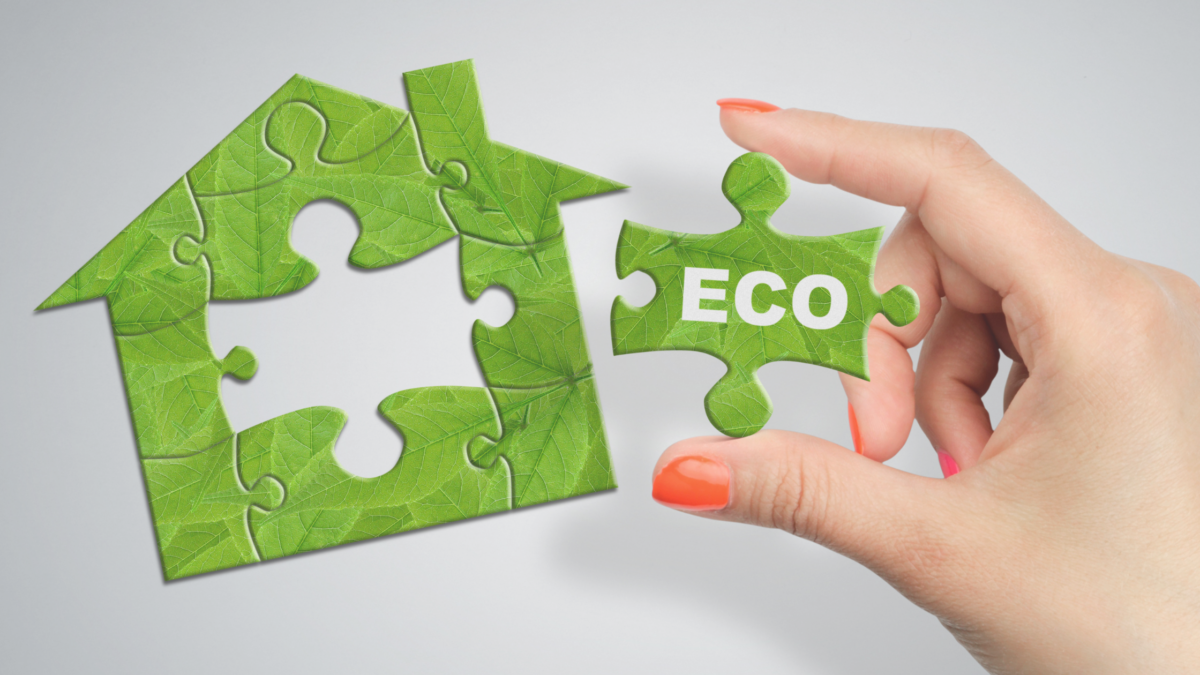Manufactured Homes: An Eco-Friendly Living Solution
Krista McDaniel
on
August 2, 2023

Manufactured Homes: An Eco-Friendly Living Solution
With a surge in awareness about environmental sustainability, consumers worldwide are shifting their preferences towards eco-friendly alternatives. Among these options, manufactured homes have emerged as an environmentally-friendly, cost-effective choice for prospective homeowners. But what exactly makes manufactured homes more sustainable than their conventional counterparts?
Energy-Efficient Construction
For starters, the energy efficiency of manufactured homes begins with their construction process. Unlike traditional houses, these homes are built in a controlled factory setting, significantly reducing waste generation. Standard home construction processes often involve significant material wastage, with leftover wood, bricks, concrete, and more. Manufactured homes are constructed from pre-designed modules, meaning there is little to no material wasted during the construction process.
This construction method enables tighter seals around windows and doors, leading to better insulation and, therefore, lower heating and cooling costs. In other words, manufactured homes can reduce both construction waste and energy consumption.
Economical Use of Land
Manufactured homes are typically smaller than conventional homes, making more efficient use of space. The average size of a manufactured home is less than half that of a traditional single-family house. This compact design means less land use, a significant advantage in today’s world where land is increasingly scarce and expensive.
Reduced land usage also results in less impact on local ecosystems and habitats. Traditional housing developments often require the clearing of large swaths of land, potentially disrupting local flora and fauna. Manufactured homes, with their smaller footprints, are less disruptive to local ecosystems.
Green Materials
Another vital element that makes manufactured homes eco-friendly is the use of green materials. Many manufacturers now prioritize using materials that have been sourced sustainably, or those that are recyclable or biodegradable.
The nature of factory-built homes allows for the easy integration of energy-saving appliances and systems. Features such as solar panels, energy-efficient lighting, and low-flow plumbing fixtures are more readily incorporated into the design and construction process. This ability to easily upgrade to more energy-efficient technologies contributes significantly to the eco-friendly nature of manufactured homes.
Reduced Transportation Impact
The transportation of materials for manufactured homes tends to be less carbon-intensive than for traditional homes. All materials for a manufactured home are transported to a single location—the factory—for assembly. In contrast, traditional home construction involves transporting materials to the construction site, often involving multiple trips and thus, a larger carbon footprint.
Embracing the Future with Manufactured Homes
Manufactured home communities offer a more sustainable alternative to traditional housing. Their controlled construction process reduces waste and energy use, while their smaller size minimizes land use and impact on local ecosystems. With the use of green materials and reduced transportation impact, these homes further cement their position as a truly eco-friendly living solution.
As our world continues to grapple with environmental challenges, embracing more sustainable ways of living becomes increasingly important. Manufactured homes, with their numerous environmental benefits, offer a promising solution. By choosing a manufactured home, you’re not just investing in affordable and comfortable living; you’re also making a significant contribution to the wellbeing of our planet.
- Category: General
- Tag: factory built homes, the landing at pearland
